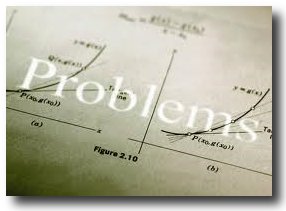Remember how we all cheered the Royal Society when Phil Trans Roy Soc B forced Keith Briffa to release the Yamal data? At last a journal with some integrity, some adherence to the principles of the scientific method, we all said.
This was why Briffa's hand was forced: a policy on openness that had no wriggle room for those who might think about cheating (my bold):
As a condition of acceptance authors agree to honour any reasonable request by other researchers for materials, methods, or data necessary to verify the conclusion of the article.
Interestingly the Royal Society now has a new policy on openness (my bold):
To allow others to verify and build on work published in Royal Society journals; authors must make all reasonable efforts to make materials, data, statistical tools and associated protocols available to readers. Authors must disclose upon submission of the manuscript any restrictions on the availability of materials or information. We recognize that discipline-specific conventions or special circumstances may occasionally apply, and we will consider these in negotiating compliance with requests.
...
After publication, all reasonable requests for data and/or materials must be fulfilled. Authors may charge reasonable costs for time and materials involved in any such transfer.
[Postscript: I was able to retreive the original policy via the Wayback Machine - a wonderful tool for finding lost pages from the web. Interestingly, Royal Society Publishing now appears to have blocked robots.txt, preventing the Wayback Machine from taking snapshots in future.]
I've edited the main post shortly after posting it as I'd missed the fact that they were still saying that requests had to be complied with. The new policy therefore seems contradictory - on the one hand they are saying that requests have to be complied with and on the other saying that in dodgy fields, they'll consider allowing authors not comply.
 Bishop Hill
Bishop Hill  Apr 19, 2011
Apr 19, 2011  Climate: HSI
Climate: HSI 










